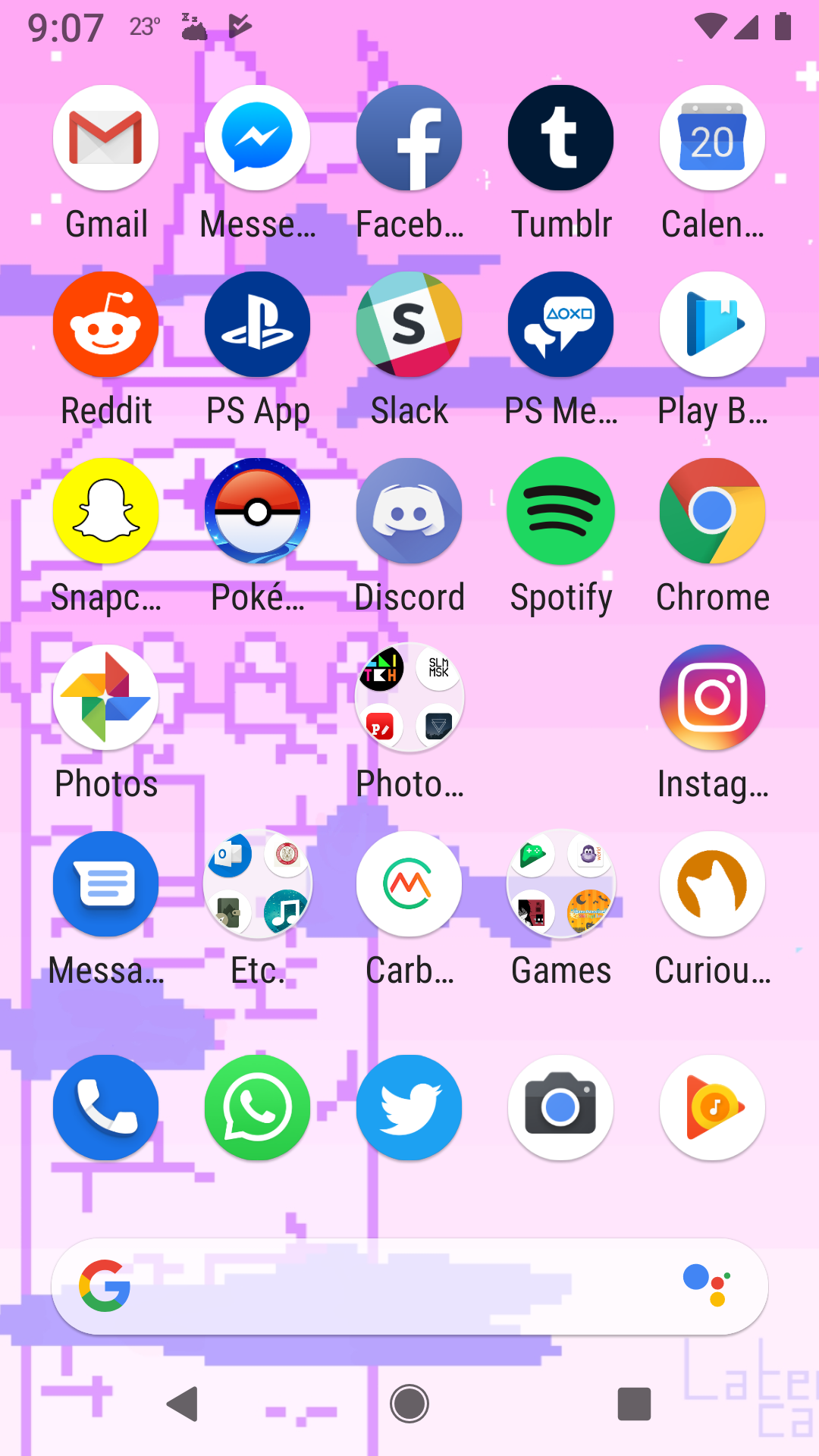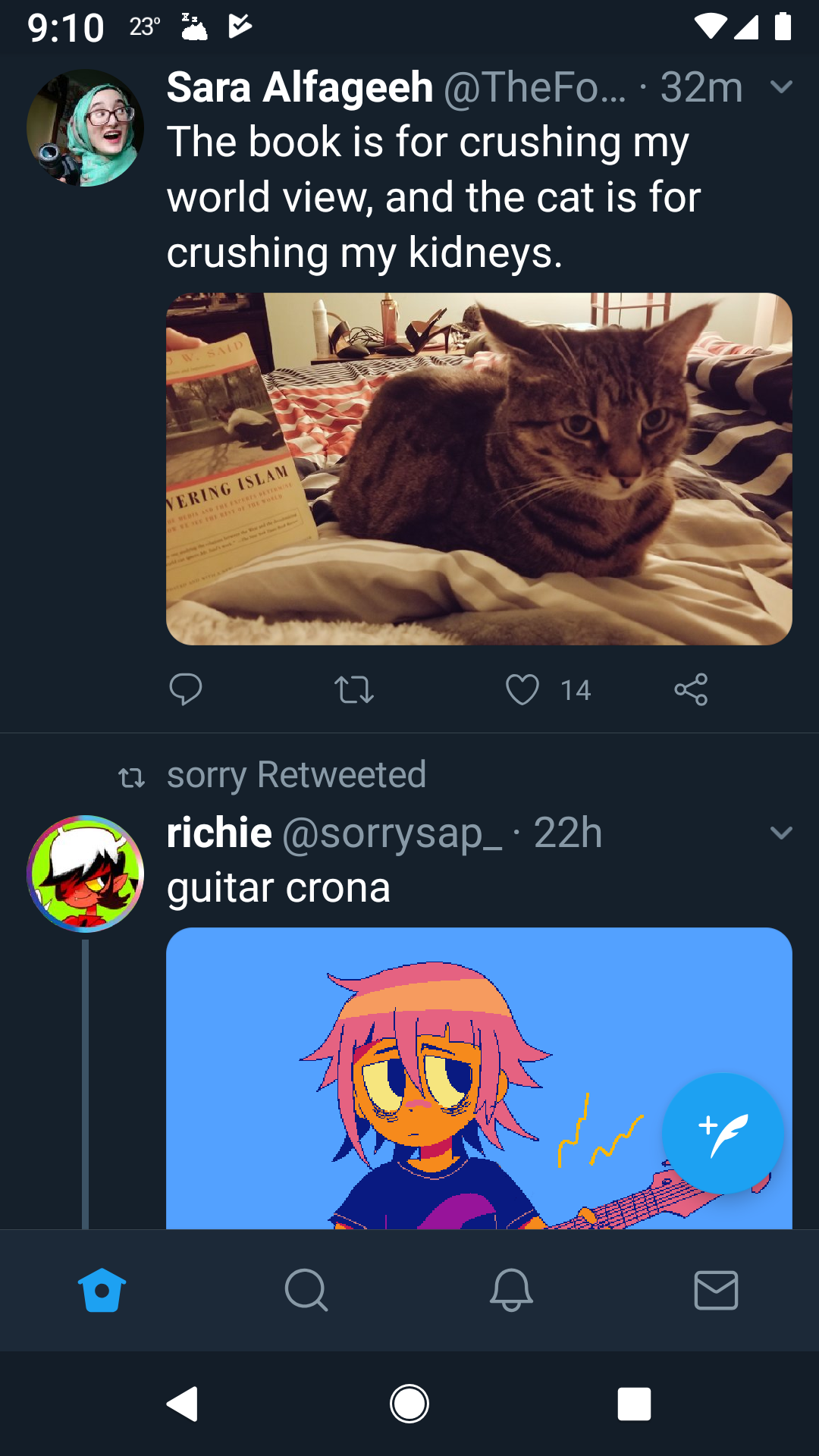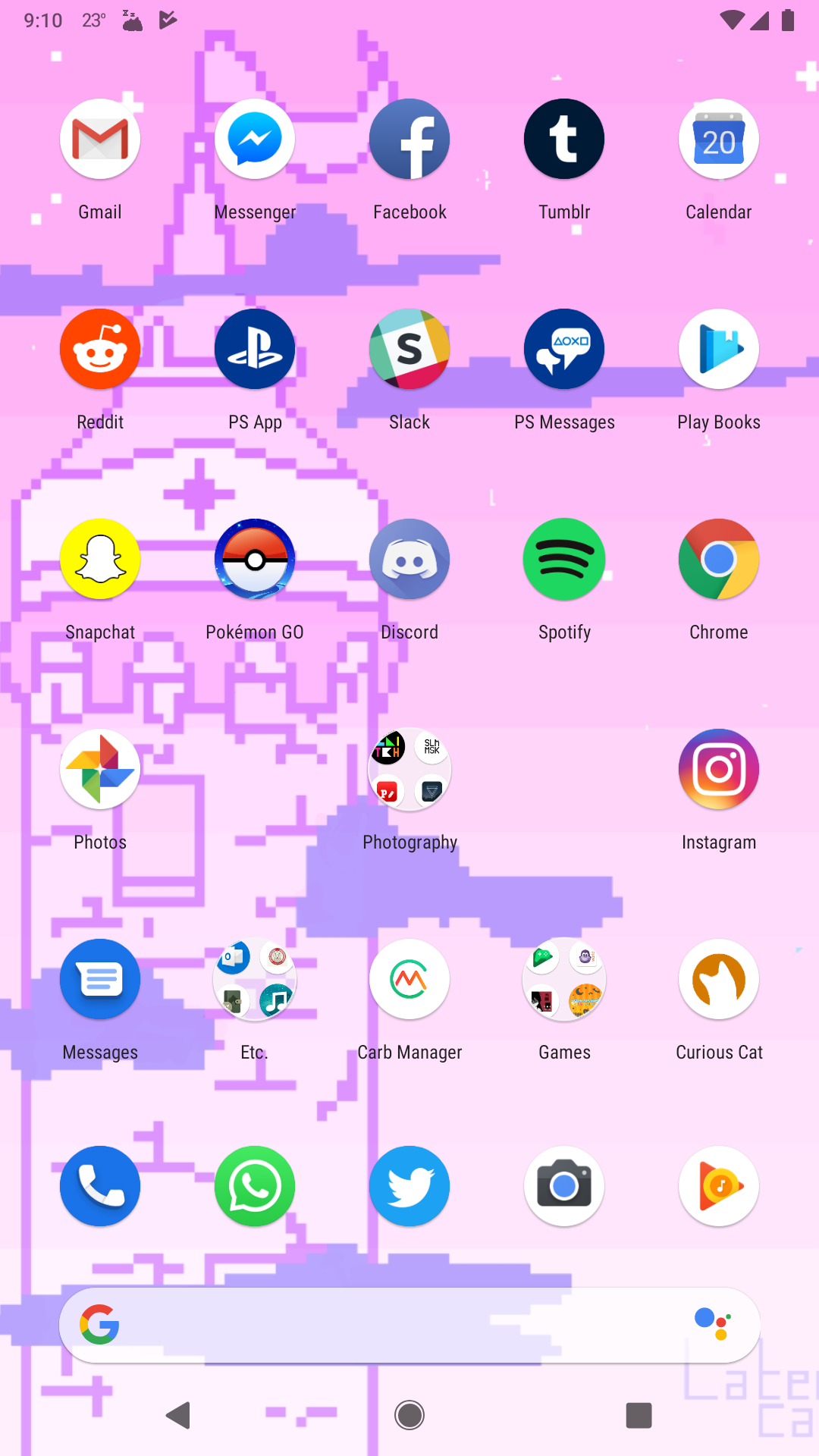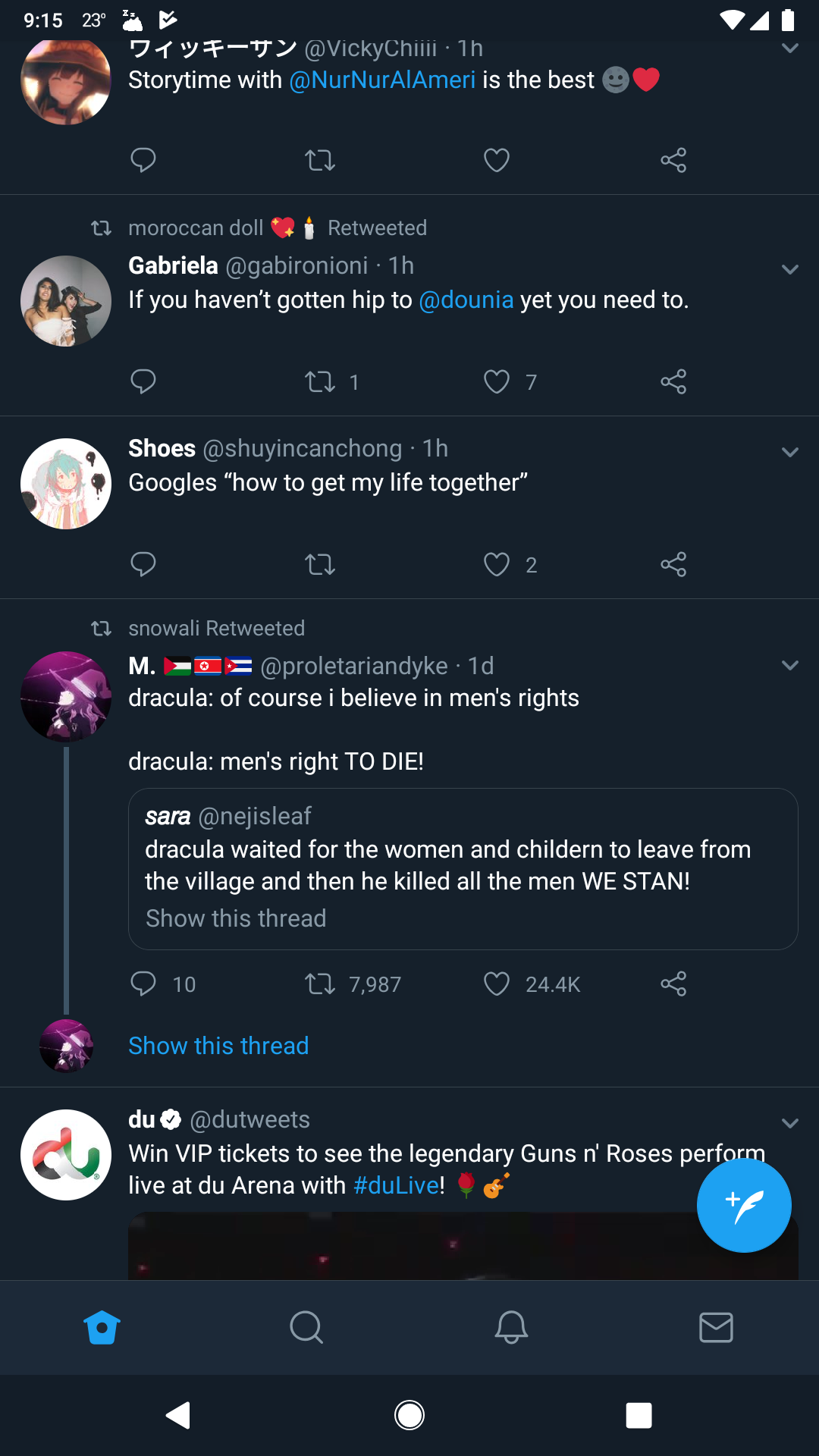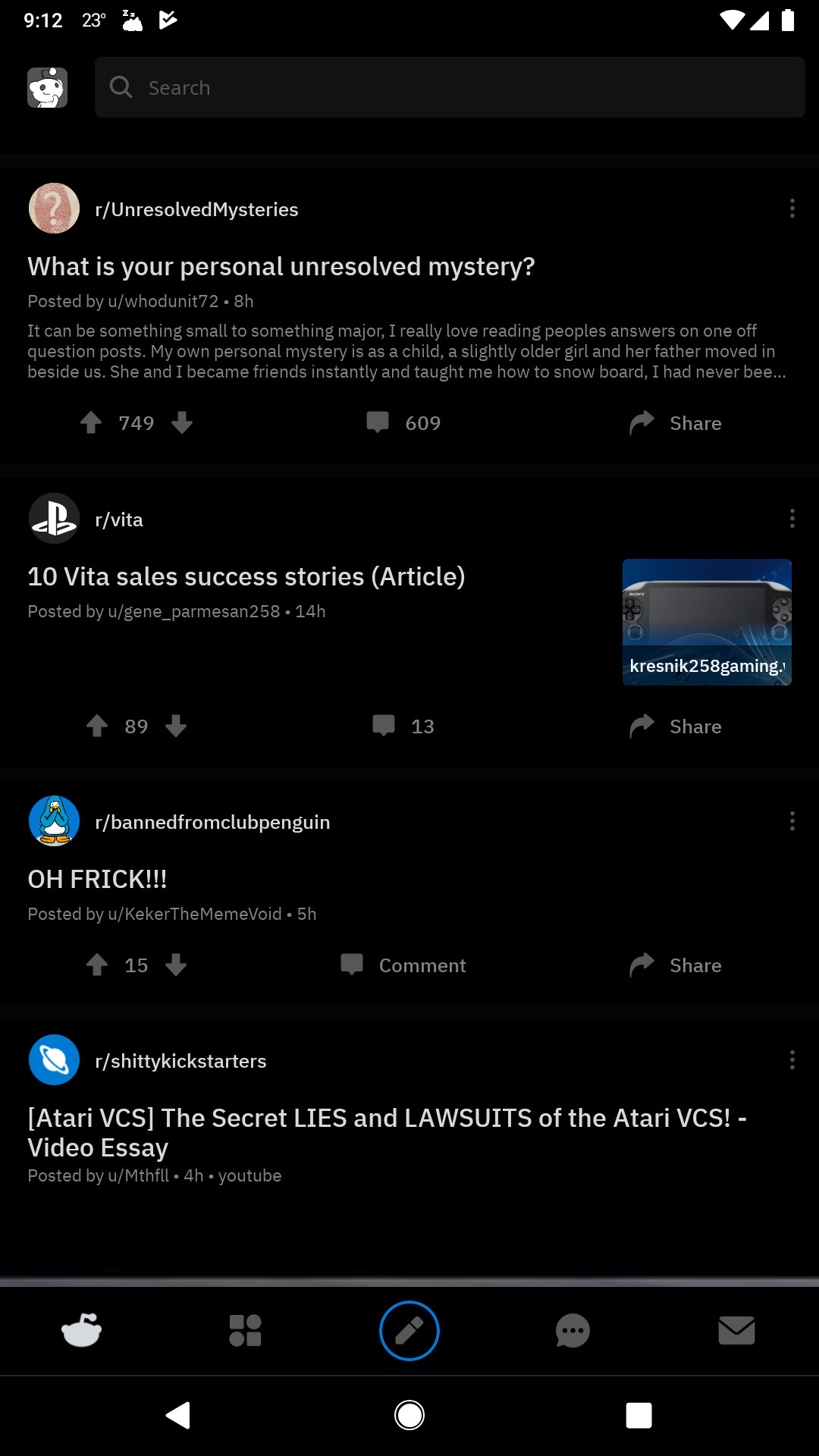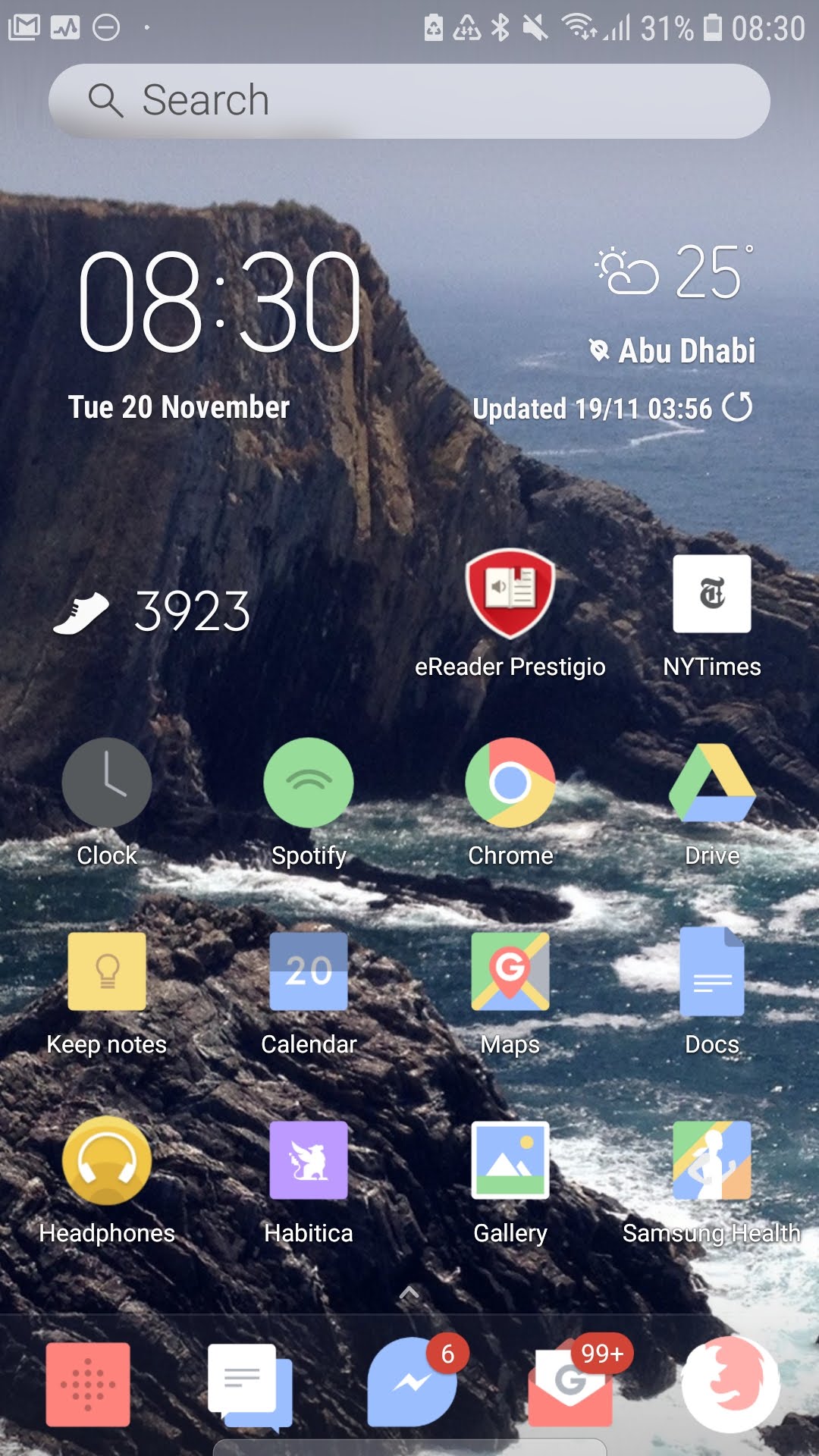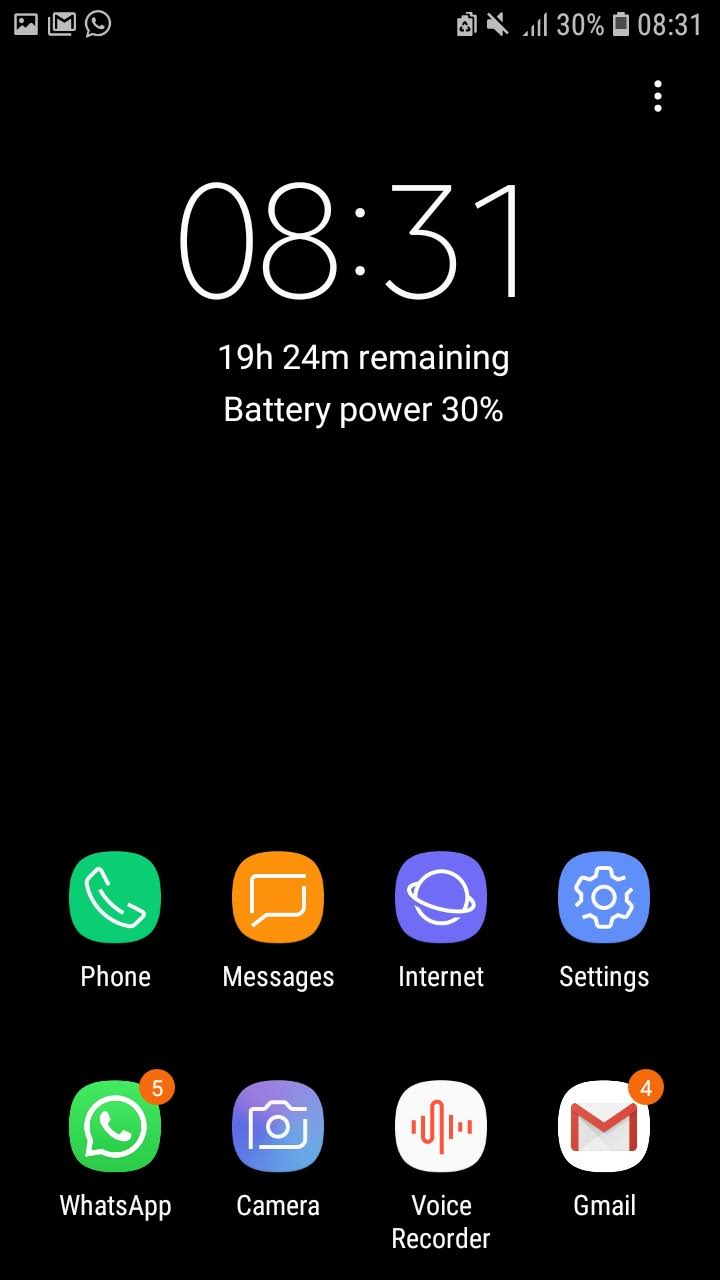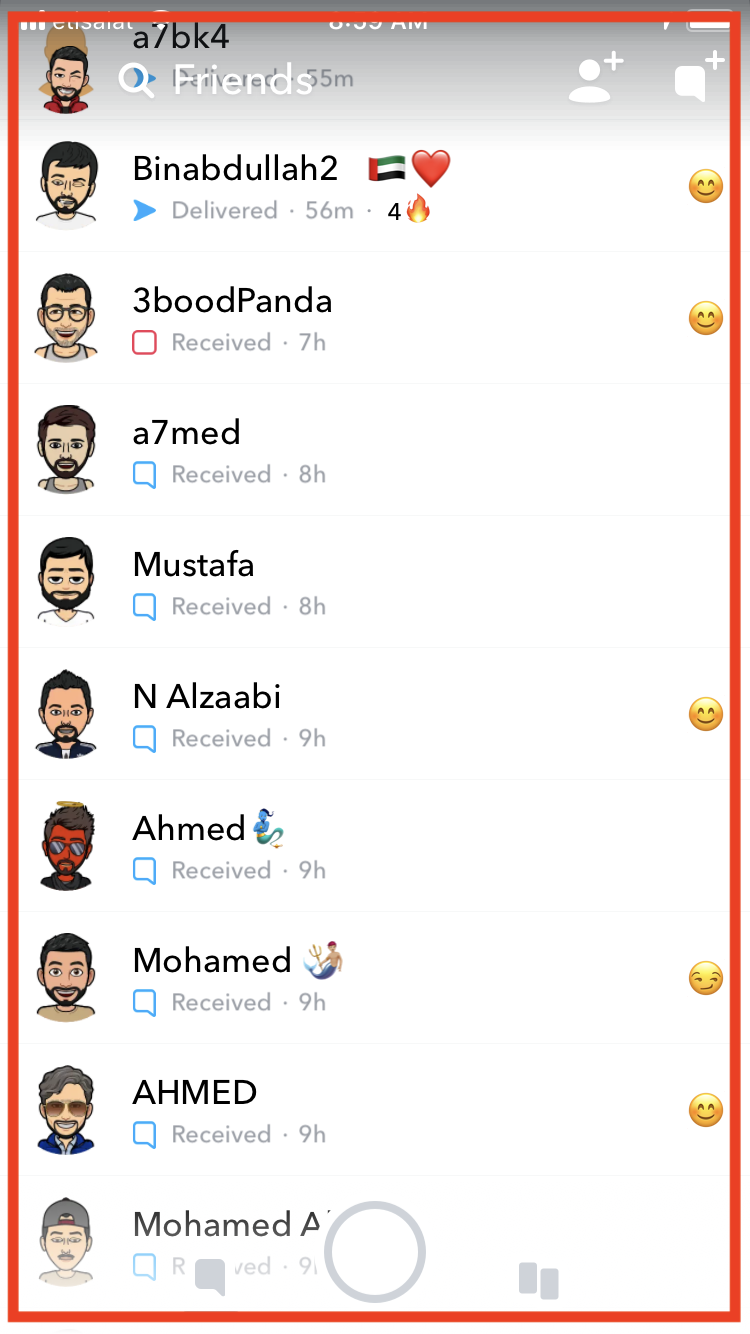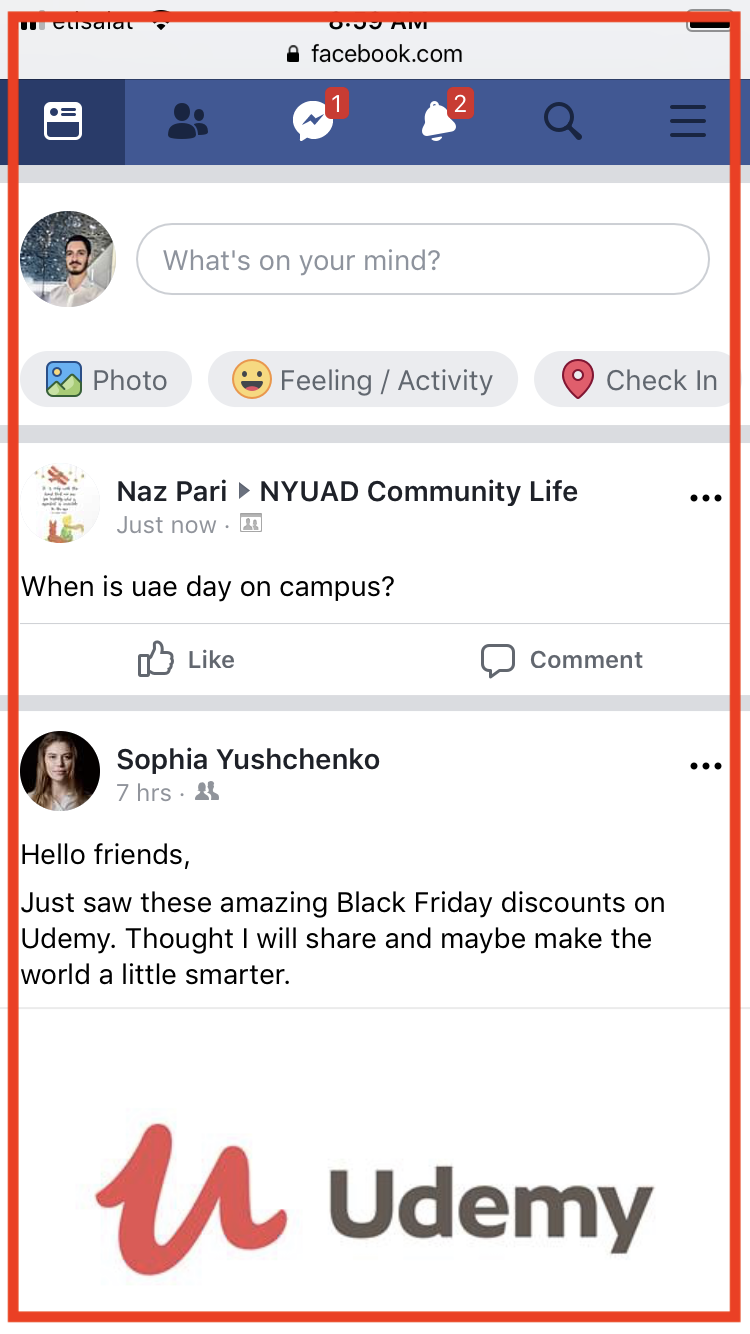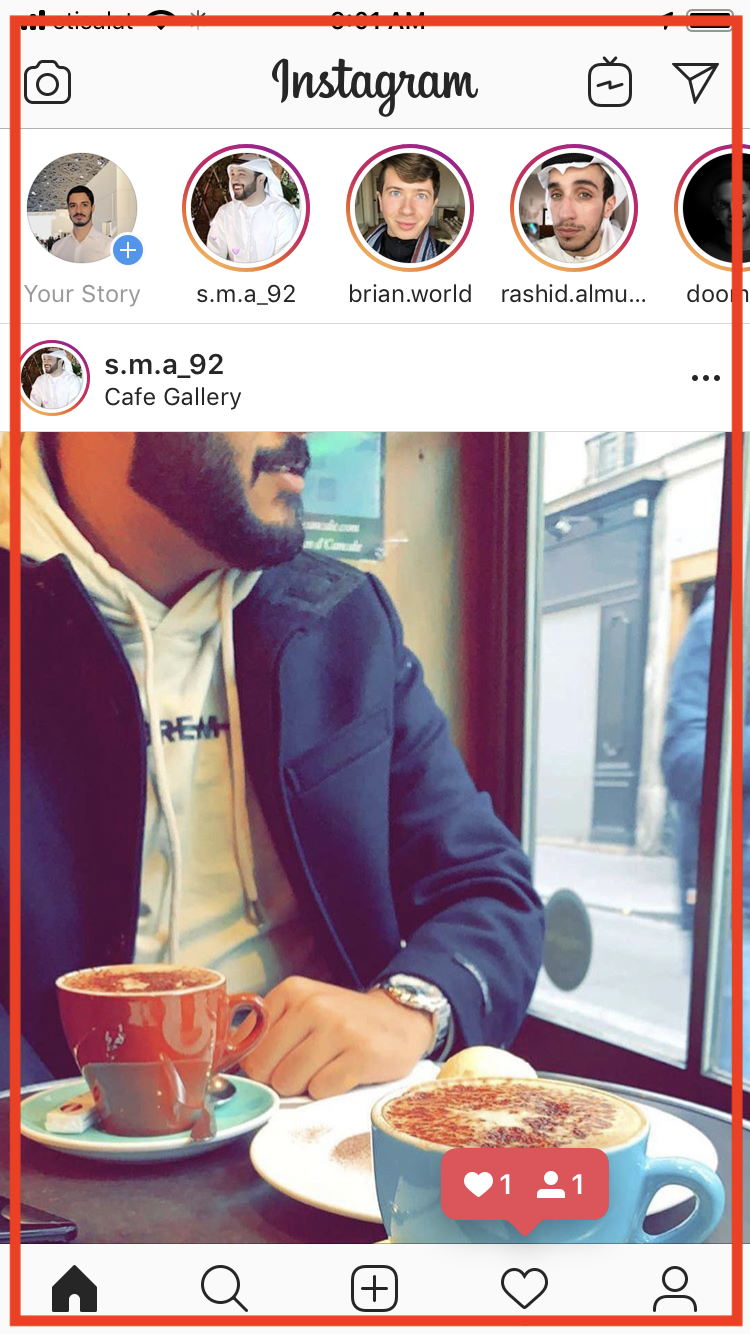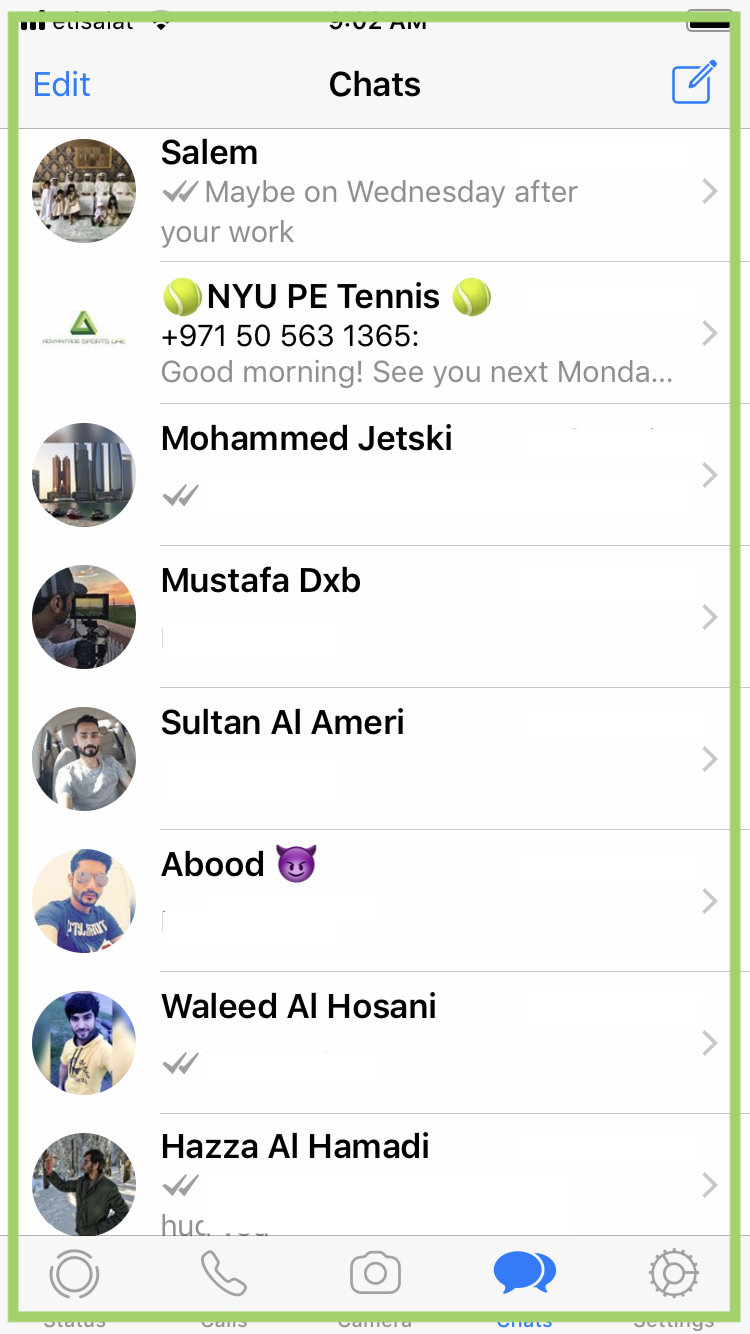Artificial Intelligence has been the central thread of countless sci-fi novels in the past century. Long before the first whispers of the Internet, there were forecasts of smart bots and intelligent machine servants who would help us in our every-day lives. After almost 60 years from the first airing of The Jetsons, today it is anything but unimaginable to forecast the creation of a real-life Rosie, the robot maid in the hit TV show, in the next few years. Since Y2K, there has been a 14X increase in the number of active AI start-ups. Through examining the history of the creation of the Internet and the Web, this current explosion in AI was quite anticipated. It is no longer a question of whether AI will revolutionize our very notions of being human and the limits to our capabilities, but whether we are ready for the perpetual paradigm shifts that will take place in the 21st Century.
Category: Uncategorized
Gjorgji’s Rewire Experience
During the construction phase of the Solar Decathlon competition, I have drastically reduced the amount of time I spend on social media, especially Messenger and Instagram; however, if I get a notification (that is, an important message) I would reply within half an hour or so because it all depends who busy I am at the moment. I’ve noticed I started to avoid some of the group friend chats because these make me less efficient and deconcentrated from the work. Even though, I make sure to always stay in the loop to know what is happening out there where my friends and family are. Once I read the assignment, I thought of the idea to actually change the way I use social media applications to make myself focused only on the work. I decided to click ‘Turn off until I turn on back’ on my Messenger and to remove my Instagram app from my screen for one full day, and I turned out to have positive effect on me and my efficiency. I realized everyone in the team is on the group chat, such that even if someone directs a message to me, other active members around me would let me know and I would go check that notification. Needless to say is that the most important conversations I have these days are the team group chat for the competition as well as my family group chat. With amount of work that I had that day, I forgot about Instagram and I was lucky not to be bothered with any notifications from the application.
I must say this experiment was very useful for me to realize the importance of ‘being present in the moment’ and focus on what is happening at that particular moment rather than staying online trying to be present everywhere. It helped me realize nowadays we only aim to stay connected online as well as to find out there are people surrounding us with their physical appearance that we can connect to. In addition to this, not knowing what the other students are doing for fun (mainly through their Instagram stories) while I am working at a construction site has helped me focus more on the work I have been doing rather than thinking ‘I could have gone to those concerts as well.’
Overall, I have decided to implement this type of communication until the end of the semester to help me focus on capstone and course assignments. I am not going to implement it as strict as during the 24-hour experiment but I will still have control over my activity on social media.
Posts per Scroll//Rewired – Lateefa
I have always wondered about the amount of information we consume online through our endless scrolling on different platforms like Facebook, Instagram, Twitter, etc.
I have been very self aware in the past couple months about how much content I’m consuming, especially through Reddit and Twitter and have been trying to minimize my consumption.
The idea I got for how I wanted to procceed with rewiring stemmed from having multiple people point out that the text on my screen was too small. I have always preferred the smallest possible UI and the smallest possible font size. Besides being easier on my eyes it makes me go through more content than if I had a normal font size.
As part of the assignment I proceeded to change my font and UI size to the largest possible option to test the affects it would have on me using my phone.
Needless to say it was very affective.
I heavily rely on my phone to avoid real-life social interactions, if I’m waiting at a queue at the dining hall or waiting for my coffee; I immediately start scrolling through Reddit or Twitter to avoid human contact. I wasn’t too sure that changing my font and UI size would actually work as the content is still there, but I was wrong.
My Home screen, Twitter and Reddit pages; Top photos are the new font size and UI
Although the exact same content remained I struggled to stay interested in what I was looking at because of how large everything was. It took most if not all of the screen’s space to show me two tweets, one of which would be an ad.
For the 24-hours that I did this I found myself barely using phone and if I did I would immediately be discouraged and I’d shove it back in my pocket. Whenever I needed to search for something or use social media platforms I opted for going on my PC which requires more of an effort than a mobile phone.
I gave up certain habits in those 24-hours that weren’t just avoiding human contact. I usually scroll through Reddit while trying to fall asleep and I completely gave that up when I tried “rewiring” myself, I could not bare browsing Reddit for more than 2 seconds.
It’s evident in the photos above how much text size and UI affect how many posts you see. Two tweets versus 5 tweets, one Reddit post versus 4.
Finally, I think this was a productive exercise for dealing with bad habits although I am pretty sure I will never do this again, mainly because I really hate having to deal with large fonts and UI’s. Nonetheless I feel like I have become more aware of how much content I tend to consume because of how easily acccessible everything is.
Rewire experience
Over the weekend, NYUAD’s ResEd provided the student body with the opportunity to visit the Warner Bros. World at a discounted price. Exciting, but safe, rides, a meal, and free transportation were more than enough to convince me to join. Super excited on the day of the trip, I saw myself annoyed in the first hour, when as a part of a ride a picture of me was taken. I am sure that by buying the ticket I consented to this. Nevertheless, It annoyed me, not only because it was unflattering, but also because during a trip that was meant to be immersive into the Flintstones, Tom & Jerry, Scooby Doo’s worlds I was put back into a reality obsessed with data collection. This sort of inspired my “rewire” experience, so to complete this assignment I decided to limit to the maximum both the data I share voluntarily and the observable data, and focus instead on browsing the stack exchange, especially since I had an R assignment.
To limit the data I share and observe, I decided to delete the Facebook and Instagram apps from my phone. A while back I noticed that I only use Facebook on my laptop when needed, avoiding unnecessary scrolling, on my phone, on the other hand, I access it constantly, without a specific need. To go more “off the grid” I also changed all my privacy settings, unsubscribed from all the mailing lists, reviewed what apps I granted access to my personal data and cut the access, as well as turned off the location on my phone.
The overall experience felt nice, while some times I was tempted to reinstall Facebook or Instagram apps, I did not do so for 24 hours and as a result accessed Facebook only once that day. Using the stack overflow’s statistic communities to understand and finish my assignment made me feel like I was not wasting, but investing time in the internet. The combination of increased privacy and the use of specialised content, made me feel like I was finally using the internet as my mum wanted me to – for responsible knowledge gaining.
Rewiring Experiment: News and Politics – Sohail
For the rewiring experiment, I wanted to be more informed on where I got my news. I’m far from the most instructed on where I get my news. Growing up, it was mostly CNN International and the local news every night on Dubai TV. Since coming to NYUAD, I’ve changed my habits significantly, and now I notice I get most of my news from late-night talk shows, which isn’t the most ideal. Most of my discourse on political issues also occurs on Facebook, which, due to its infamous algorithm, tends to create an echo chamber of ideas. Although I had known about The Wall Street Journal’s Blue Feed Red Feed, I did not realize the extent to which this was problematic. In the United States, 44% of American get their news solely from Facebook. I decided to take a few measures to help get me out of this Echo Chamber. I first downloaded a Chrome Add-on PolitEcho, which scans my Facebook friend’s feeds and notes all the political pages they’ve liked to generate for each person a score on their liberal/conservative bias.
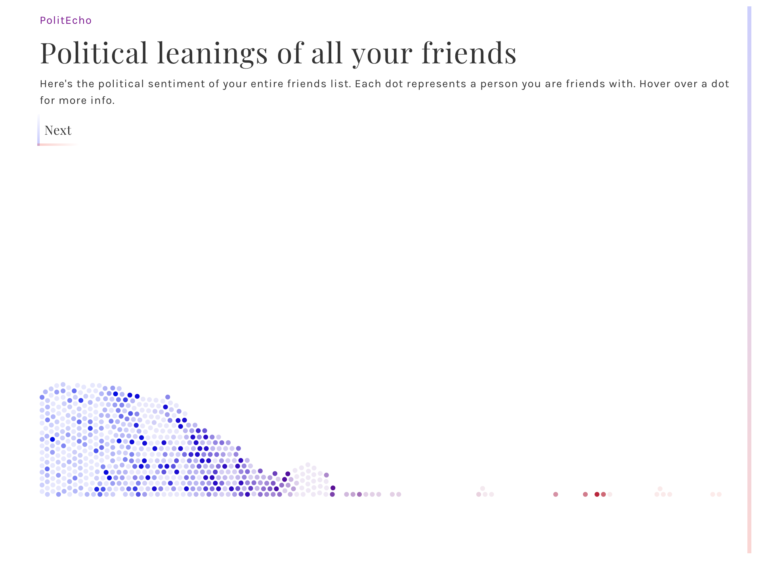
It was eye-opening to examine the Red Feed Blue Feed on a personal dataset, and I was shocked by how much it leaned to one side. I could also click on any of the dots to see which Friends swayed in which direction. To help become more aware of this bias in my day-to-day activities, I also installed another Add-on: Official Media Bias Fact Check Icon. This addon gives a score on the political leanings of news websites I visit in the corner of my web browser. With the Addon installed, I spent the weekend collecting my news solely from The New York Times (Classified as Left-Center), The National (Classified as Right-Center), and The World Economic Forum (Classified as Center/Least-Biased).
After exclusively using only these avenues for news, I came to a few conclusions on the ineffective methodology of news bias evaluation. The Chrome Addon only featured a one-dimensional spectrum that ranged from Left-bias to Right-bias. This Left and Right evaluation was also heavily determined on coverage of US news and politics. For example, the strong biases present in Al Arabiya, which was created as a Saudi counter to Al Jazeera, are not captured in the data, because it involves biases that are outside the dimensions of US Politics.
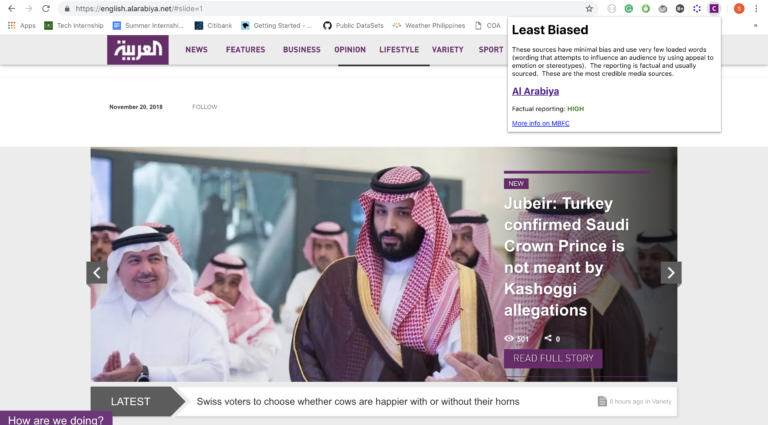
Overall, I realized that attempts to use technology to rewire my habits with the goal of absolutely no bias were futile. Even if I decided to primarily use C-Span as a news source (Classified as Center/Least-biased), my news would be biased towards coverage of the US. Nevertheless, the additions I have made to my web browser environment make it incrementally easier always to be aware of where I’m getting my news from, and at least think about their incentives in what is reported.
From Mobile to Desktop
Moving away from your Mobile phone is not easy. There is instant messaging and constant syncing that makes smart phones incredibly powerful as a tool. The media that is received on the Mobile however is not equal to the version of the media that can be found on other devices. The desktop version of apps lends users a completely different experience.
For this assignment I decided to rewire my habit of using my smartphone for instant messaging and emails. There is a built in battery saver that is able to completely eradicate the functionality of a smart phone, reducing its capabilities to using 8 apps altogether, which doesn’t include Facebook messenger nor Instagram. Turning this setting on forced me to reduce the interactions with my phone and in order to check my messages I had to open my laptop.
Boy, this was hard. I realized how much I am in the habit of relying on my phone to access my messages. The fact that I was no longer getting instant notifications from my messenger app rendered my phone into that felt like this:
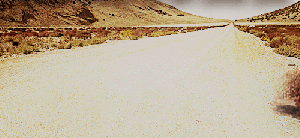
On the other hand, typing messages on my computer made me faster to respond / write the message and I was able to respond to my messages in bulk. My access was different and even my available tools were different. The stickers and the GIF keyboards are less accessible through the web interface since the presence of the physical keyboard no longer lends itself to quickly finding on-point stickers.
My rewire experiment caused some problems as well. It was one of my friend’s surprise birthday party yesterday night and all the coordination happened through a group chat on Facebook Messenger. My phone no longer had Facebook Messenger and I wasn’t able to check Messenger on my laptop before the event and I was relying on what I remembered about the plan. However, when it comes to these events, being up to date is key to the success of the surprise. As I was heading to the “meeting point” I was paranoid about seeing my friend heading there as well since the time was close to midnight. Had I stumbled upon her, the surprise would be ruined just by me, and I had no way of asking about her whereabouts through messenger (I wasn’t going to flip out my laptop while rushing there). Fortunately everything went according to plan but I rewired myself to some stress along the way.
How did this rewire experience contribute to the big picture? For one it made me realize the potentials of moving from mobile to desktop in other segments of my smart phone usage. There are many ways how seeing things in a larger format enhanced my experience with the messages and the text. An email written on a computer is easier to see through than an email on a small screen. I think in the end I cared more about quality responses. For example, imagine posting on Instagram but instead of using the mobile editor you would use Photoshop to edit the pictures.
Rewired – Searching for Serendipity
In the final chapter of Digital Cosmopolitans, Zuckerman provides a number of suggestions – at both the national and personal levels – on how we can attempt to rewire our connections to expose ourselves to new and different perspectives. The first suggestion that Zuckerman makes in our personal rewiring is to be aware of what our current consumption habits are. In order to experience serendipity online, Zuckerman describes a similar principle that we should follow: “It’s possible to wander with a purpose. The flaneur strolls the streets as a strategy for encountering and understanding the city. We can wander in ways that seek serendipity” (230).
So, for this assignment, I attempted to do two things. Sadly, I rely too much on Facebook for getting news and updates, and so it was clearly a limiting factor for me. Thus, the first part was to disconnect from two digital spaces that I use quite frequently: Facebook and Google. The second was to increase the possibilities of encountering new, foreign, unfamiliar sources of information by using DuckDuckGo.
Instead of deleting Facebook directly, I tried to simply avoid using it. I was surprised at how difficult it was to resist opening up the Facebook app during this experiment. Sometimes, I would (almost automatically/mindlessly) start opening the app to check for any updates, before remembering to stop. A lot of the news I see on Facebook is focussed on events/things happening in Toronto or, more broadly, in Ontario (my province), ranging from posts about the weather, to the government, to the newest food fad. Besides updates from home, a lot of posts relating to NYUAD also take up my feed. Avoiding Facebook for a day made me notice the absence of these two sources, but also made me realize how limiting Facebook can be, in terms of news intake and connecting with others.
In terms of searching for content, switching from Google to DuckDuckGo was quite enjoyable. It was weird but pleasant to know that my online presence wasn’t being tracked, and whenever I searched for anything – whether an article, or a youtube video, or the answer to some random query I had – the results weren’t biased from my previous search histories. I also enjoyed the experience of not having ads pop up, that were influenced by my location or my web history. Although this didn’t automatically expose me to new channels of information, it did provide the possibility of wandering on to an unfamiliar path on the web. I will definitely continue using DuckDuckGo – and be more conscious of the connections and channels I use online.
Rewire Experiment and Digital Cosmopolitans
The excerpts from Digital Cosmopolitans that I read offered an interesting but not uncommon or illogical view of the role of internet in shaping modern society. Media scholar Ethan Zuckerman explains in this book why having the ample technological ability to communicate with someone does not necessarily lead to having deeper and stronger human connections. Essentially, the author argues that the human tendency to group with similar others means that most of modern human interactions, be it online or in person, happen with a small set of people who have a lot in common. In examining this fundamental tendency, Zuckerman draws on his own work as well as the research in psychology and sociology to highlight technology’s role in the opposite than what we might assume – disconnecting ourselves from the rest of the world.
I have come across Zukerman’s view a number of times, and I think people are beginning to realize the unintended consequences of easy access to any communication technologicy nowadays. However, Zukerman’s point still resonated with me personally. As I reflect on my experience here in NYUAD, a university that is supposed to be truly global and diverse, I quickly realize that my closest people are the ones that have the most in common with me, not the ones who are different or diverse. Exploring my social media feeds, my chat’s history, it is clear that technology had made it incredibly easy to identify the people who have common interests, values, and views as my own and my social connections have formed around them. This translates to my social interactions outside of the university too; the people that I communicate outside are also the ones who have very similar values and views. Putting that into perspective, it seems that out of all of the possibility for communication and interaction on campus and in this country, I have somehow formed connections with the people who are most similar to me, and it seems that technology was the catalysts that made it possible to first identify those people, and second engage with them.
The second point of Zukerman’s argument that technology actually makes people disconnected from the world around them also holds strength in my personal experience. Going back to the example of my social circle on campus, the various forms of ‘staying up-to-date’ or ‘keeping in touch’ with people has resulted in me putting much less effort to engage with people in person or to dig a deeper connection. Endless information about everyone pops up on my Facebook, Instagram, and Snapchat feed every morning, when I instantly know where everyone has been, what coffee they’ve had, what interesting happened in their day… etc. I easily have access to lot of surface information about my social circle (sometimes even unintended or unasked for information). Hence, I make less of a conscious effort to dig for this information myself by asking people directly or in person. And even when we meet in person and have a conversation, my background knowledge of their activities already gives us a topic of discussion that is readily available, perhaps interesting, but often taking precedence over other topics that might be more valuable and enriching on a personal level or that might deepen our connection, rather than discussion something that we already know about each other.
Following the somewhat simplistic self-reflection, I decided to ‘rewire’ my internet communications by changing the way I interact with people and the way I learn about the people around me on a daily basis. The most effective way to do so for me was to fundamentally change my source of information about my group of friends. To achieve this, I decided to eliminate completely the social apps I use the most, the abovementioned Facebook, Instagram. Instead, I chose to focus on more human and person-to-person interaction by communicating to my friends directly on the phone, or via text massage if they couldn’t talk (or didn’t want to). So for 24 hours my primary communication was people was phone calls and sms texts. No picture sharing and liking, no dramatic posts, no stories of sunrises and sunsets, nothing easily available for everyone. If I wanted to know something, I had to ask for it.
In the aftermath of the rewire experiment, I understood a bit better the extent to which social media has made it so easy to share personal information, yet so difficult to engage with people directly. Maybe not so much for me, but for some of my friends it seemed strange to talk on the phone for every little thing, or not to know what I am doing due to the absence of story on my Snapchat. Some friends even texted me on WhatsApp to see if I am alright or just too busy as they got worried by the absence of any updates and replies on Snapchat. Even when prompting people to open up about their day and their experience, I felt they found it burdensome to have to re-explain everything they already had posted on social media in the forms of stories, updates, pictures, etc, or to think of the highlights of their day without referring to their social media. This prompted me to think how superficial some of my connections have become, as Zukerman suggested, as a consequence of the ease of access to communication technologies I have become somewhat disconnected from the people around me who may not be as active on social media, or with whom I don’t have the chance to engage in person very often. To end on a positive note, Facebook, Instagram, and Snapchat has made it possible to stay in touch with those people that I cannot meet in person often and having some sense of connection with each other, which is better than nothing at all.
Rewiring News Exposure
For my rewire experiment, I decided to implement a simple change and see just how much my daily information intake changes based on that. I began by thinking about the ways I’m exposed to news, and realized that I don’t really have a consistent way to stay connected to global events. For international news, I rely on stories popping up as I scroll through different media like Reddit and Facebook. For news about my home country and the Middle East, I am even more limited in my exposure as my main go-to platforms do not cover this part of the world, so I rely on my social media circles and again, exposure through random scrolling. While the pages I choose to follow and the circles I choose to keep have not failed to keep me up to date on significant events, it’s become apparent to me that there are some flaws in using this approach. First, I am not as connected to Jordanian news as I’d like to be. Second, my exposure to “international news” has devolved into an oversaturation of Trump. Third, the nature of these platforms make it easy for me to skim through the latest global events in favor of seeing the latest in NYUAD confessions or r/aww. While it’s true that both Facebook and Reddit allow me to cater my experience towards my interests, with reddit dedicating a whole subreddit to world news, they’re still extremely distracting platforms that are easily susceptible to echo-chambering, good for entertainment with light news exposure rather than the other way around. I decided to find an unbiased source of international news to replace Reddit and Facebook for whenever I feel like scrolling through something, and found this chart on Quora:
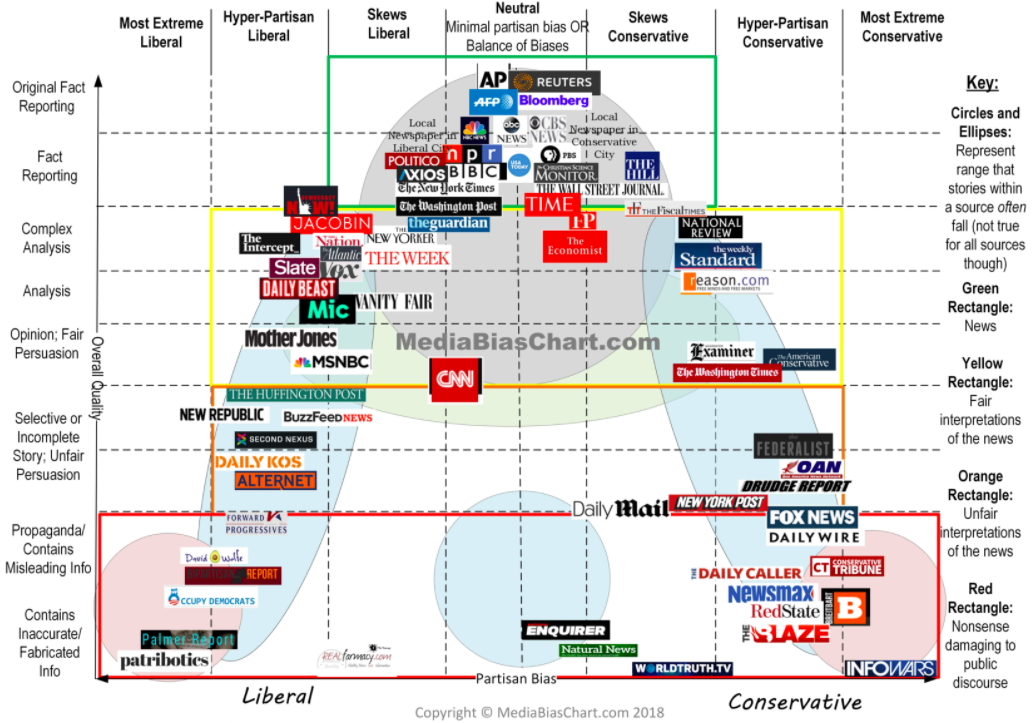
Choosing to unquestionably trust the chart for the purposes of this experiment, I chose Reuters. (I also wanted to try the Al-Ghad app for Jordanian/Arab news, but it never loaded).
Scrolling through Reuters was definitely a more focused and informative way to get my news, and it seemed like a step up in international news coverage when compared to others. A large percentage of the articles are still focused on the US and UK, but I also encountered news about Yemen, Syria, Saudi, Germany, China, and more within a day. I learned about some of the international response to Khashoggi’s murder, the latest occurences regarding Houthis in Yemen and opposition to ISIS in Syria, and news on corporations like Careem and Nissan. When I briefly opened Reddit to compare, I noticed two political posts, one about a US congresswoman and the other about mass arrests in the UK.
Replacing Reddit/social media with Reuters definitely made me aware of more relevant world events, but it was also a ‘dry’ experience. On the one hand, I can just get the facts and go on with my day, but on the other hand, I miss out on the user interaction that the other less-serious platforms make available, which can provide everything from further analysis and different viewpoints to memes relevant to the news article in question. Additionally, while Reuters covered a variety of businesses and countries, a lot of it still seemed to cater to US interests rather than a digital cosmopolitan’s. All in all, this experiment paved the way for me to continue looking for a method of obtaining news that I’m satisfied with, whether that involves social media, news media, or a mix of both.
Rewiring my Instagram feed
As part of my rewiring exercise, I went to the application I use most frequently throughout the day – Instagram.
Every time I get the chance, I find myself refreshing my Instagram feed and going on the Explore page to see watch videos that have by this time become very tailored to what I’m interested in. A lot of these tend to be about Kpop, like official music videos, choreography covers, live performances of Kpop idols, etc. I’ve always enjoyed watching them but had a different thought after reading Zuckerman’s book and reflecting on the kind of information I’m getting from all these videos. They are for entertainment but in no way inform me about what’s going on around the world or the bigger complexities involved in this Kpop industry.
One real-world issue that arises from such a appearance-centred, image-building industry is the unrealistic expectations we as the audience start forming about these entertainers, and projecting them later onto the Korean population in general. The media portrays a lot of girls in Kpop to be cute and innocent – from their makeup and outfit to music video concepts and dance choreographies.
Recently, a famous female singer called IU released a song called “Bibi” that addresses these unrealistic expectations of women in the industry and she goes onto counteract them in the music video by refusing to smile. This song highlights the huge feminist movement that is happening in South Korea right now, following the Me Too movement that shed light on numerous assault and harassment cases with high profile celebrities. With this as my basis for trying to get in touch with deeper concerns existing in the Kpop industry, I tried to rewire my Instagram feed so that I would see more of these enlightening videos/pictures instead of generic Kpop.
I tried to do this by searching for specific posts/videos/pictures such as the #metoomovement. From my experience, using the search function and clicking on/viewing similar posts have shaped what I see on my Instagram Explore page. So I went ahead and tried to look for these posts whenever I was tempted to go on Instagram.
In the process, I learnt that it was important to find the right tags to see the posts I’m looking for. Since I wanted to look at gender dynamics in Korea, I searched for #koreanfeminism, #feminisminkorea, #metookorea, etc., none of which had a lot of results (all under ten posts). Then it hit me that the Koreans posting about these topics would be using Korean instead, so I typed them again in Korean and the word #feminism in Korean already gave me 81.1K posts, including personal accounts, comics and news reports.
It was interesting to scroll through the posts under this specific tag and I was immediately made aware of the latest local and international stories regarding feminism and #metoo movements. My initial aim was to see this kind of posts start populating my Instagram feed without me having to search for them. As of today, even after doing this for over a day, there hasn’t been much change to my overall feed, but I trust that it will happen as time passes. What’s important is that even just beginning to think about the deeper social and cultural dialogues that might be taking place in an area I’m interested in has made me more aware of what is really going on in my country and my people’s stance on various issues.
Social media platforms like Instagram have definitely proved to be a great source of entertainment, but this exercise shows that there’s more we can get out of this digital space and using it more meaningfully. As Zuckerman puts it, we need to “understand how we’re connected and disconnected” by staying aware of our interactions online.
